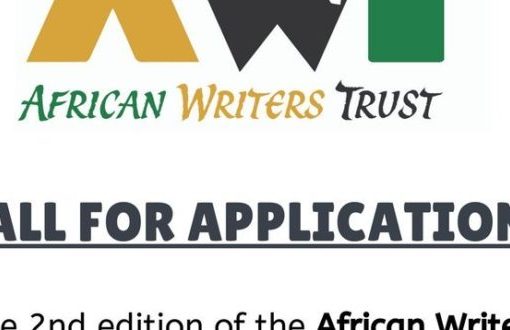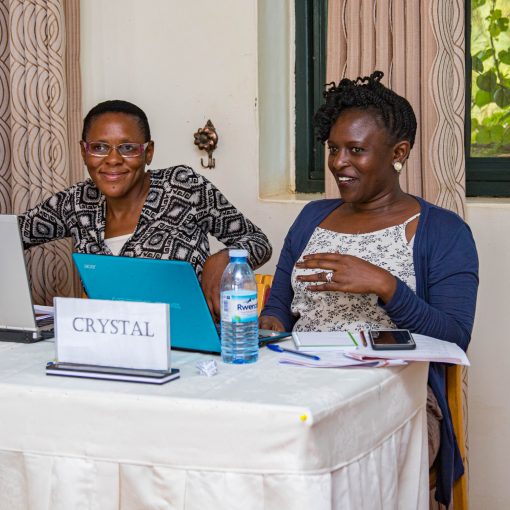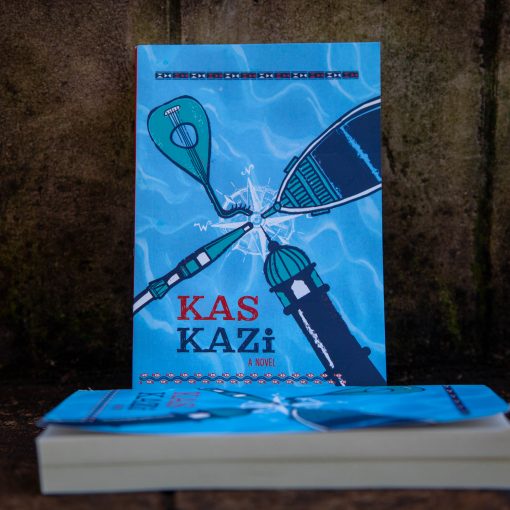African Writers Trust (AWT) has today announced the winner of the seed funding budget offered under the Publishing Fellowship programme. Abdulrahman “Abu Amirah” Ndegwa, a Mombasa-based writer, publisher and founding editor of Hekaya Arts Initiative, an online platform that publishes stories from The Swahili Coast will receive EUROS 4,000 (approx. USD 4,500) to boost his publishing initiative. Mr. Ndegwa’s idea of the project is to have writers from at least 11 locations on The Swahili Coast contribute to a flowing story; one in English and the other in Kiswahili.

Speaking on this announcement, AWT’s director, Goretti Kyomuhendo said: “This programme was designed to create a step-change in the book sector in Africa and focused on the professional development of upcoming talent in African publishing through training, mentoring and support to gain publishing experience. Eighteen candidates were selected to participate in the programme, drawn from Uganda, Kenya, Tanzania, Rwanda, Ethiopia, Sudan, and South Sudan. At the end of the training, the Fellows were invited to apply for the seed funding. The specific aim of the seed funding is to facilitate the winner to produce a model publication that adheres to international publishing standards. We congratulate the winner and wish him success with his project.”
Commenting on the winning project, the selection committee said: “The Hekaya Traveling Story project is a unique, exciting and ambitious project with the potential of connecting The Swahili Coast to other Kiswahili speaking countries in Africa and beyond. With this grant, the project will position Swahili coastal literature on an international, competitive level and help build a sustainable, homegrown publishing outfit. Mr. Ndegwa presented a clear, and well-thought-out marketing strategy, financial plan and feasible ideas on how to increase readership locally and internationally through translations into various languages such as Arabic, Persian and Kiswahili.”





